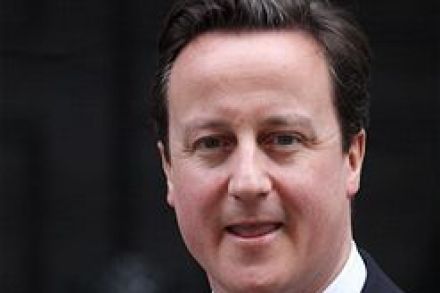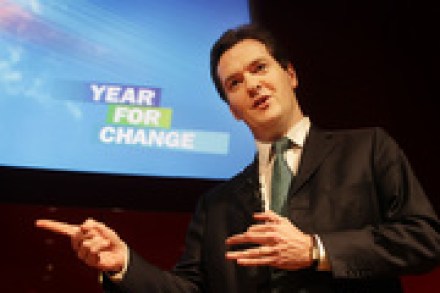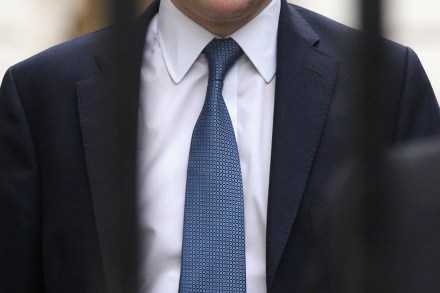Winners and losers | 6 April 2011
The birds chirruping in the sunlight clearly didn’t get Ed Balls’s memo. Otherwise they’d know that today is “Black Wednesday,” the day when the coalition’s tax and benefit policies swoop in to leave the average household some £200 a year worse off. This is the message that the shadow chancellor is broadcasting this morning, be it on Radio 4 or in a post for Labour Uncut. His claim is that the coalition is — by going “too far, too fast” on the deficit — merely squeezing the “squeezed middle” even more. Only that’s not quite the full picture. The Treasury, for one, is pointing out that today’s measures will actually




















